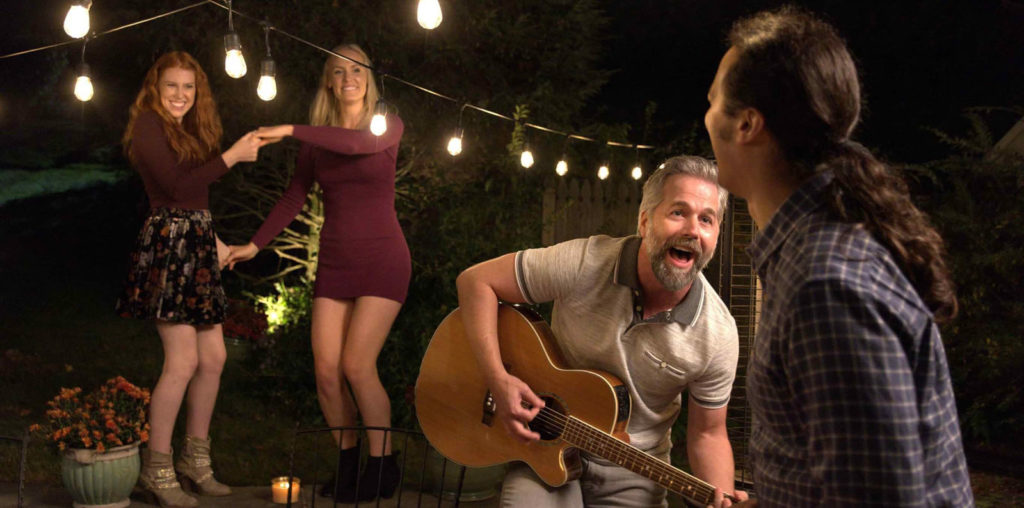
If you’re playing word association with an American and you offer up the word “Kurds,” the only response, if any, is likely to be “and whey.” Unfortunately for the millions of people who comprise this oppressed and largely forgotten ethnic group, life is anything but a Mother Goose nursery rhyme. “Good Kurds, Bad Kurds,” journalist/filmmaker Kevin McKiernan’s latest foray into armed conflict, takes an admirably unbiased, yet sympathetic look at the plight of the Kurds in general, as well as examines a case study of one Kurdish-American family living in Santa Barbara, California. Shot over nine years starting from the conclusion of the Gulf War, the film does an excellent job of portraying the plight of these unfortunate people, the largest ethnic group in the world without a homeland. It relates how the Kurds are spread throughout “Kurdistan,” an unrecognized shadow country that overlaps four separate and occasionally hostile countries. Of these four, Iraq and Turkey dominate the United States’ attention, although for drastically different reasons. The “good” Kurds, in the eyes of the U.S. government, are those in northern Iraq who remain a thorn in the side of our Great Satan Saddam Hussein. The “bad” Kurds, conversely, are those who, by clamoring for independence or at least some sort of ethnic sovereignty, have become a human rights debacle for our critical NATO ally Turkey. The film makes our conundrum clear — how does the U.S. remain true to our human rights principles without destroying the fragile democracy of a strategic ally…who’s cruelly and mercilessly suppressing those very same rights? Surprisingly and to its credit, the film pulls this off without demonizing the United States or belittling our legitimate interests in that part of the world. At the same time, it pulls no punches in portraying Turkey’s cruel oppression and outright ethnic cleansing of this proud minority, nor does it let the U.S. off the hook for supplying Turkey with the arms bonanza it’s using to carry out this shameful campaign. “Good Kurds, Bad Kurds,” with McKiernan’s news voice narration, feels less like a documentary than it does an extended “60 Minutes” piece, especially since the story is still unresolved. With all the world’s attention focused on the Middle East and, to a lesser degree, Chechnya, it’s unlikely that the tragedy in Kurdistan will receive its due attention any time soon. In the meantime, “Good Kurds, Bad Kurds” is a solid, evenhanded primer course; a good way to let the world know that being a Kurd is far less a nursery rhyme than it is a seemingly never-ending nightmare.
